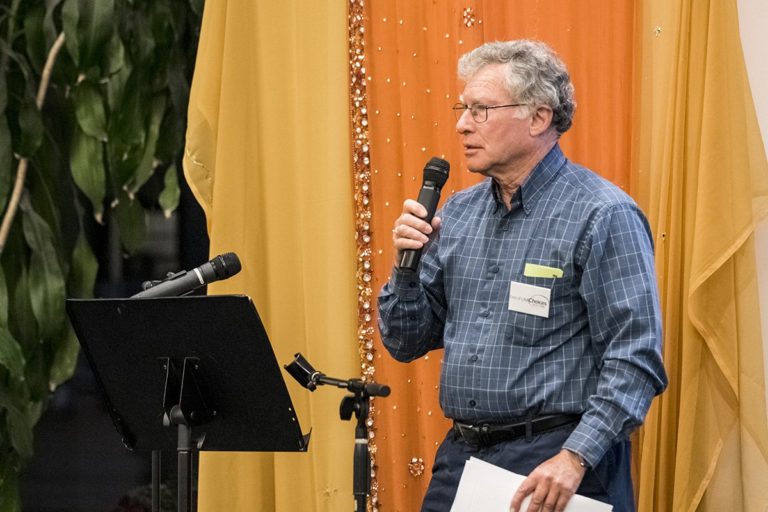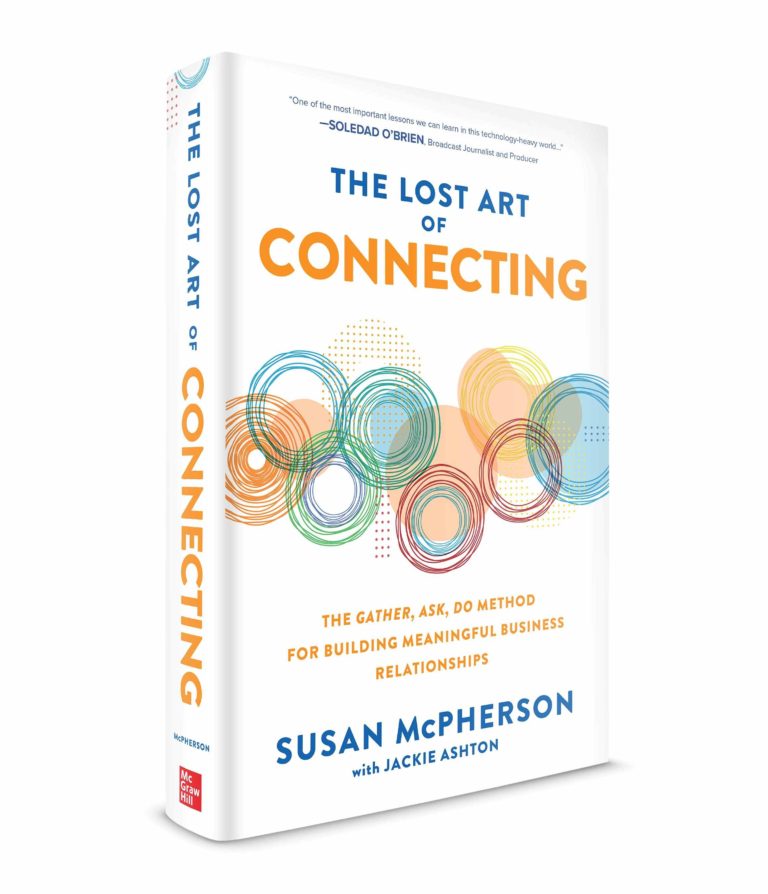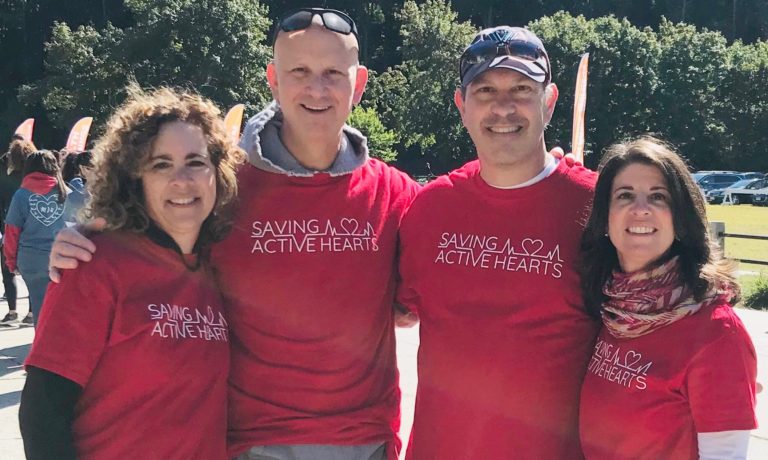Unemployment Island: When to Pivot (Part 2)
This work was originally published on Medium.
“The man who moves a mountain begins by carrying away small stones.” — Confucius
Even before an event as disruptive as a pandemic, the decisions of how long to “stay the course” in search of comparable work and when to pivot toward a compromise or something else entirely, varied greatly depending on individual circumstances.
It’s a common adage that it is easier to get a job when you have a job, acknowledging a hiring bias‒conscious or unconscious‒that seems to question long-term unemployment. The conundrum that job seekers sometimes face is whether to take an offer that does not fit your expectations in terms of responsibility, title, salary, or other variables or whether to wait? And if you wait, how long is realistic? Like most of life’s challenges, there is no one-size-fits-all solution.

Among the interviewees, several high-wage earners were cautioned by colleagues early in their unemployment that finding a similar job, in either salary or other key factors, might represent a long-haul. Some said they wished they had anticipated and done scenario planning and preparation sooner:
· When you are first unemployed, you need to make a plan. Plan A & Plan B depending on your individual life circumstances. How flexible are you? Are you willing to relocate? Travel? Low long can you last?
· At some point in this process, you will face the ‘what ifs’. You have to confront those fears and make alternative plans in case you don’t find something.”
· “You need to be honest with yourself. It helps to have a third party who is objective, who will be honest with you.
The people I spoke with had mixed experiences and viewpoints about their decisions to continue searching for a similar job versus the seeking alternative options or compromising:
· I was urged to take a job at a much lower salary and was told, “You are not making anything now,” but I am glad that I waited.
· I took a job for half the salary but with a much higher title and with a big company that has room for networking and growth.
· Offer your assistance to a company pro bono if it will help you network and gain experience.
· Among the worst advice I was told was, “Take any job for the experience.” I didn’t do that.
· I was able to transform a long-standing hobby and establish that as a side-business. I also took a temp position with a volunteer agency, which later opened into a full-time position.
· I was open to an interim assignment and moved across the country. Some of that specific knowledge was a steppingstone to the next [current] job opportunity.
· I was in an industry that was shrinking, dying. A former client told me that I needed to use my skills to morph into something else. I tell people, “If you can use your skills, take the job. It changes your mental attitude. You become less of a victim.”
According to executive coach Dr. Stacey Zackin, “Every situation is context specific. Do you need to earn a particular amount for true financial reasons, to satisfy your own sense of accomplishment, or to fulfill the expectations of others? Some people will feel better if they can be with people and feel productive while others might feel worse if they take a job that is below their skill set.”
Zackin advises people to assess their tolerance–emotional and financial–for earning less money and, also what their primary needs are. She added, “Find out what you are most missing: productivity, social engagement, collaboration, meaning, or financial stability and make an informed choice. If you have the luxury of volunteering somewhere that needs and appreciates your contribution, you can shift your energy and continue your job search or negotiate offers from a place of strength.”

For some people, being a freelancer or doing gig work is a deliberate choice that gives them career autonomy. Others view it as interim survival work, a partial reprieve until something more stable comes along.
Elizabeth White, author of “55, Underemployed, and Faking Normal,” talked about our need to rethink the relationship between money and work and between money and self-worth during her 2017 TED Talk. A Harvard MBA and former retail entrepreneur, White said, “Bridge work is what we do while we are trying to figure out what is next…bridge work can look crazy or cool depending on how you were rolling when your personal financial crisis hit.”
Depending on the nature of the work, an obvious advantage is the potential to point to specific work or clients you can reference. Even if project work is not an ideal long-term solution, it has advantages of earning income while still openly looking for more permanent options; it does not elicit the same concern about missed opportunities that accepting a poor job match does; and it might open new doors to jobs or networking opportunities.
Several of those interviewed had engaged in project work or interim consulting assignments before landing full-time reemployment. They said:
· I took cash job opportunities that I didn’t put on my resume while I kept looking for a specific job.
· I wish I had done project work sooner. You may feel like it is a distraction from the bigger picture, but it will eventually help you draw the bigger picture. It will give you something to speak to in an interview.
· The longer you are unemployed, the more important it is to have another project or activity where you can speak about your learnings and results.
· You need to be able to deal with the ambiguity of being a consultant. Be clear about your role and responsibilities.
Along with emotional resiliency and networking advice featured in the first part of this series, finding a good job match is often a combination of skill, knowledge, tenacity, and timing.
Like the people who so generously shared their experiences with me, my hope is that these insights will help those who are unemployed today move forward toward a new opportunity tomorrow.







